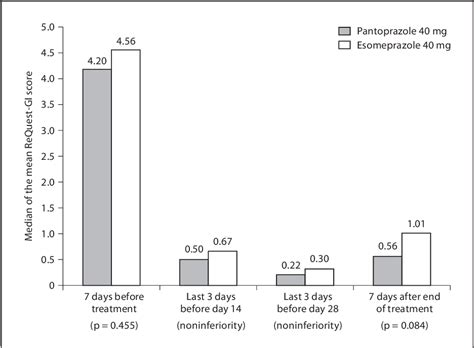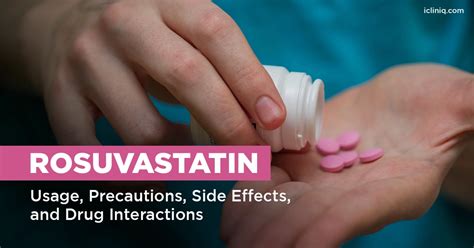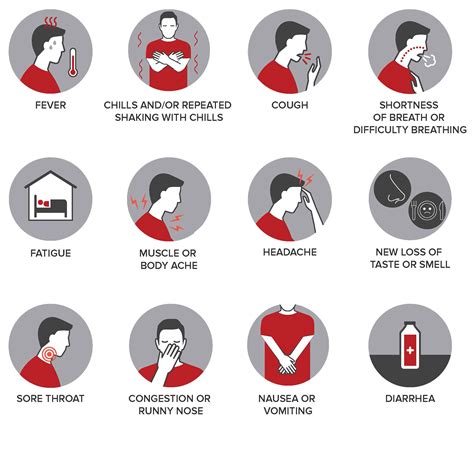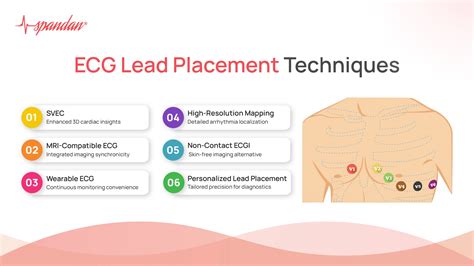What Happens After Gallstone Surgery? Recovery Tips
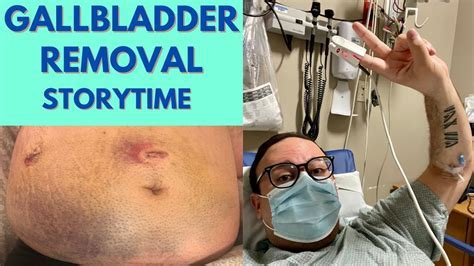
Gallstone surgery, also known as cholecystectomy, is a common procedure to remove the gallbladder, which can provide relief from painful gallstones. While the surgery is often successful, the road to recovery is just as important as the procedure itself. Understanding what to expect after gallstone surgery and following recovery tips can help ensure a smooth and speedy healing process.
Immediate Post-Surgery (First 24-48 hours)
After the surgery, you will be taken to the recovery room where medical staff will monitor your vital signs and manage any pain or discomfort. You may feel drowsy, nauseous, or experience some abdominal pain, which is normal. To manage these symptoms, your healthcare team may provide medication to alleviate pain and prevent infection. It’s essential to follow their instructions carefully to minimize the risk of complications.
In the first 24-48 hours, it’s crucial to:
- Rest and avoid strenuous activities
- Follow a liquid diet, gradually introducing soft foods as tolerated
- Take pain medication as directed
- Monitor for signs of infection, such as fever, redness, or swelling at the incision site
- Keep the incision site clean and dry
Short-Term Recovery (First few weeks)
As you recover, you can expect some discomfort, fatigue, and changes in bowel movements. To manage these symptoms:
- Take small, frequent meals to avoid discomfort and prevent constipation
- Incorporate high-fiber foods, such as fruits, vegetables, and whole grains, to promote regular bowel movements
- Avoid heavy lifting, bending, or strenuous activities for 4-6 weeks
- Gradually increase physical activity, starting with short walks and gentle exercises
- Attend follow-up appointments with your healthcare provider to monitor your progress and address any concerns
Long-Term Recovery (After 6 weeks)
After 6 weeks, most people can return to their normal activities, including work and exercise. However, it’s essential to:
- Continue to follow a healthy diet, avoiding fatty or greasy foods that can trigger digestive issues
- Stay hydrated by drinking plenty of water and other fluids
- Manage stress through relaxation techniques, such as meditation or deep breathing exercises
- Monitor for signs of malabsorption, such as diarrhea, weight loss, or fatigue, and consult your healthcare provider if you experience any of these symptoms
Recovery Tips
To ensure a smooth recovery, follow these tips:
- Follow your healthcare provider’s instructions: Adhere to their advice on medication, diet, and activity levels to minimize the risk of complications.
- Take pain medication as directed: Pain management is crucial in the first few days after surgery. Take your medication as prescribed to avoid discomfort and promote healing.
- Stay hydrated: Drink plenty of water and other fluids to help your body recover and prevent constipation.
- Eat a balanced diet: Focus on whole, nutrient-rich foods, including fruits, vegetables, whole grains, and lean proteins.
- Rest and avoid strenuous activities: Allow your body time to heal, and avoid activities that can put pressure on your abdomen.
- Attend follow-up appointments: Regular check-ins with your healthcare provider can help identify any potential issues and ensure a smooth recovery.
- Be patient: Recovery from gallstone surgery can take time, so be patient and focus on your overall health and well-being.
Potential Complications and Risks
While gallstone surgery is generally safe, there are potential complications and risks to be aware of. These may include:
- Infection: Signs of infection, such as fever, redness, or swelling at the incision site, should be reported to your healthcare provider immediately.
- Bleeding: Excessive bleeding or hemorrhage can occur, especially in the first few days after surgery.
- Adhesions: Scar tissue can form in the abdomen, leading to bowel obstruction or other complications.
- Malabsorption: Some people may experience malabsorption of fat-soluble vitamins or other nutrients after gallbladder removal.
Frequently Asked Questions
What are the potential risks and complications of gallstone surgery?
+Potential risks and complications of gallstone surgery include infection, bleeding, adhesions, and malabsorption. It's essential to follow your healthcare provider's instructions and attend follow-up appointments to minimize the risk of complications.
How long does it take to recover from gallstone surgery?
+Recovery from gallstone surgery can take several weeks to a few months. Most people can return to their normal activities after 6 weeks, but it's essential to follow your healthcare provider's instructions and attend follow-up appointments to ensure a smooth recovery.
What are the symptoms of malabsorption after gallbladder removal?
+Symptoms of malabsorption after gallbladder removal may include diarrhea, weight loss, fatigue, and deficiencies in fat-soluble vitamins. If you experience any of these symptoms, consult your healthcare provider for guidance and support.
How can I manage pain after gallstone surgery?
+Pain management after gallstone surgery is crucial. Take your pain medication as directed, and follow your healthcare provider's instructions for managing discomfort and promoting healing.
What are the long-term effects of gallbladder removal?
+The long-term effects of gallbladder removal can include changes in bowel movements, increased risk of colon cancer, and potential malabsorption of fat-soluble vitamins. However, with proper diet and lifestyle modifications, most people can adapt to life without a gallbladder and maintain optimal health.
Can I eat a normal diet after gallbladder removal?
+Yes, most people can eat a normal diet after gallbladder removal. However, it's essential to focus on whole, nutrient-rich foods, including fruits, vegetables, whole grains, and lean proteins. Avoid fatty or greasy foods that can trigger digestive issues, and stay hydrated by drinking plenty of water and other fluids.
By following these recovery tips and being aware of potential complications, you can ensure a smooth and successful recovery from gallstone surgery. Remember to prioritize your health and well-being, and don’t hesitate to reach out to your healthcare provider if you have any questions or concerns.
